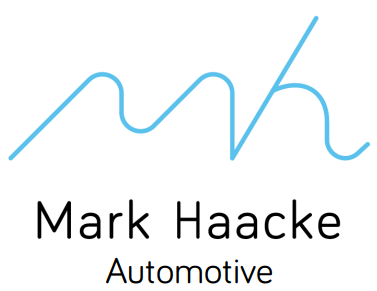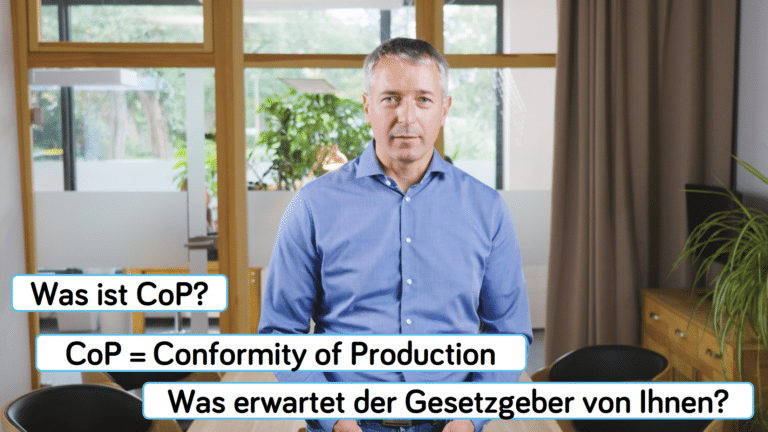Every company that wants to introduce products requiring approval to the market for the first time is confronted with the requirement of an initial assessment by the approval authority.
But what does this initial assessment mean? Who or what is being evaluated and for what purpose? And how often do I have to repeat this initial assessment? Who or what needs to be included in the initial assessment?
Who is affected and when?
In principle, each company only has to go through the initial assessment once and this is then valid indefinitely. But no rule without exception. There are situations or events where a new initial assessment may be required.
Basically, the initial assessment serves as a means for the licensing authority to assess whether a company knows the rights and obligations, of the (future) licensee and can ensure their fulfillment.
This process therefore essentially relates only to the company, not to the products. And this is independent of the company’s size or history or other criteria of this kind.
Regardless of whether a start-up wants or needs to have an innovative new product approved by an approval authority before it is launched on the market, or a large corporation wants to add appropriate products to its hitherto non-automotive product range – it applies to everyone that they must be recognized by the authority as an approval holder.
first the “approval” of the company, then the approval of the products
At the time of evaluation by the authority, the product to be approved must therefore also not yet have been developed for approval. One year (max.) may elapse before the first product is approved. But beware! An initial assessment made more than one year ago loses its validity and would have to be repeated if the development of the product, tendering for suppliers, acquisition of skilled workers or the establishment or conversion of production takes longer than planned. It is better to let a professional accompany you here and not risk any additional costs or effort – keep in mind that especially in the start-up of a product and the approval phases, all resources in the company are tied up in preparation for SoP and series start-up.
The focus of the initial assessment is on the quality management system, although this does not necessarily have to be a certified QM system. The decision for or against a certified QM system can therefore be made on the basis of other considerations.
As part of the initial assessment, you demonstrate that your processes meet the requirements of the approval authority. Here, the focus is on processes that serve to ensure that the products of a series production meet the approval. Furthermore, it must be shown how deviations from the approved status can be detected; CoP is used for this purpose, among other things. Whereby other sources can also serve for corresponding indications or suspicions, which must be taken into account without fail. In addition, processes must also be established to indicate when defective products have been delivered to the market. This also requires a process to ensure that defective products are repaired or withdrawn from circulation. Ultimately, you also need to consider any suppliers in these processes.
How do we support you?
We explain in great detail the requirements of the initial assessment and the associated “on-site inspection” as part of a training course. Our team will also be happy to advise you on your initial valuation – whether it is your first initial valuation or you need to extend/renew the initial valuation due to certain events/situations.



